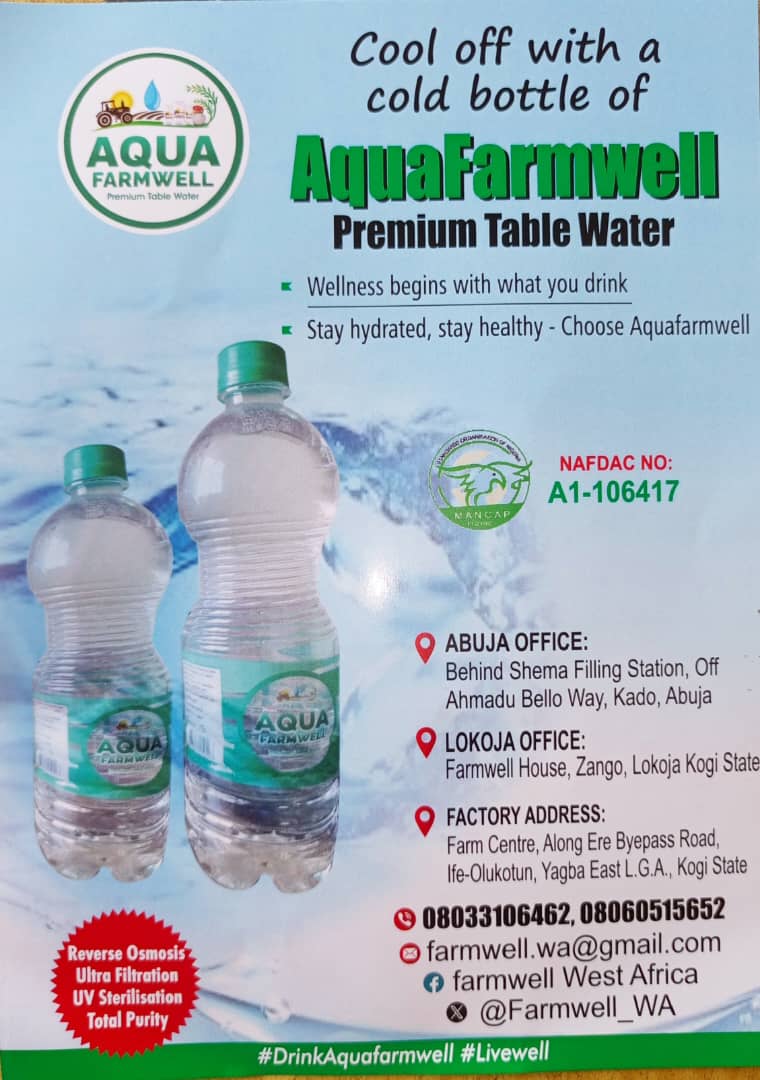

The United Nations Children’s Funds (UNICEF) has solicited the support of media organisation in disseminating key messages for an effective integrated immunisation campaign to save lives from preventable diseases.
Dr Hilary Ozoh, a Social and Behaviour Change Specialist at UNICEF, made the call at a one-day Media Orientation training in Enugu, towards the 2024 Supplemental Immunization Activities (SIAs).
 The meeting, tagged: “Immunisation: A Community Responsibility for a Healthier Future”, was organised by UNICEF and National Primary Healthcare Development Agency (NPHCDA) in collaboration with National Orientation Agency (NOA) and other partners.
The meeting, tagged: “Immunisation: A Community Responsibility for a Healthier Future”, was organised by UNICEF and National Primary Healthcare Development Agency (NPHCDA) in collaboration with National Orientation Agency (NOA) and other partners.
The participants were drawn from Kogi , Enugu, Anambra, Benue and Cross River States, where the 2024 Integrated Measles Campaign would be implemented.
According to Ozoh, the media, as powerful influencers and conveyor of inflation, their role is crucial in shaping public perception and behavior.
“We seek your support in disseminating key messages for an integrated immunisation campaign, aimed at protecting our children and community members from preventable diseases,” he said.
Ozoh stressed that the media as critical stakeholders should use their platforms to educate parents and guardians to allow their children to take vaccines against polio, measles, yellow fever, HPV, routine immunisation,
among others.
He urged the media to help promote the completion of the full schedule of routine immunisation for children from birth to 59 months old.
He said the routine immunisations are very essential for protecting children from multiple diseases, saying completing its schedule is a step towards a healthier future for the children.
He disclosed that the second phase of the measles vaccination for children from age nine to 59 months would hold in October in some selected States,
He, therefore urged parents and guardians to allow their children to receive the vaccine, stressing that “the vaccine is safe and highly effective in protecting children from dangerous disease”.
Ozoh stressed the importance of the media to achieving the national target of 95 per cent coverage during the next measles vaccination campaign.
He implored the media to use their platforms to raise awareness campaign and consistently share information about the importance of immunisation and the upcoming vaccination drive.
Also speaking, Dr Ifeyinwa Ani-Osheku, the Executive Secretary of Enugu State Primary Healthcare Development Agency (ENSPHCDA), urged the media to use their platforms to dispel myths and misinformation about vaccination.
She urged the media to provide accurate, evidence -based information to counteract myths and misinformation about vaccines, help to build trust and encourage vaccine acceptance.
“The rate of vaccine hesitancy calls for intensified media collaboration to debunk myths, dispel fears and rumours as well as change perception and behaviours.
“The media is not merely a conveyor of news, it is a lifeline for millions of families seeking information, guidance and assurance about their health.
“Vaccination is not a decoy to depopulate or sterilise people but to save.
“Therefore, In the fight against preventable diseases, especially through immunisation, media is our most potent tool,” Ani-Osheku said.
In his presentation, Dr Maxwell Ngene, a Media expert, who spoke on the “Role of the Mass Media”, stressed the need for media practiioners to always provide credible and accurate information to the public.
Ngene, who is a Senior Lecturer, Dept of Mass Communication, Enugu State University of Science and Technology (ESUST), said the nedia role amidst the vaccinated campaign remained profound.
He advocated for media monitorin and evaluation for an increased awareness and community engagement after campaign, stressing that “no child should be left behind in measles immunisation”.
On his part, Dr Ugochukwu Nwokoro, Measles Vaccination Consultant at Africa Field Epidemiology Network (AFENET), said a effective mechanism had been put in place to ensure that the vaccines remained potent and kept within the temperature range of +2°C to +8°C.
Nwokoro stressed that healthcare officers had been properly trained to administer the vaccines and ensure that they remained potent in the cause of movement from one place to another.
“There is a mechanism to make sure that the vaccines are kept within the temperature range to remain potent and effective,” Nwokoro said.
In their various comments, the representatives of media organisations at the meeting, pledged their action plan and commitments, to use their respective media platforms to raise awareness on the upcoming immunisation activities in their various States.
